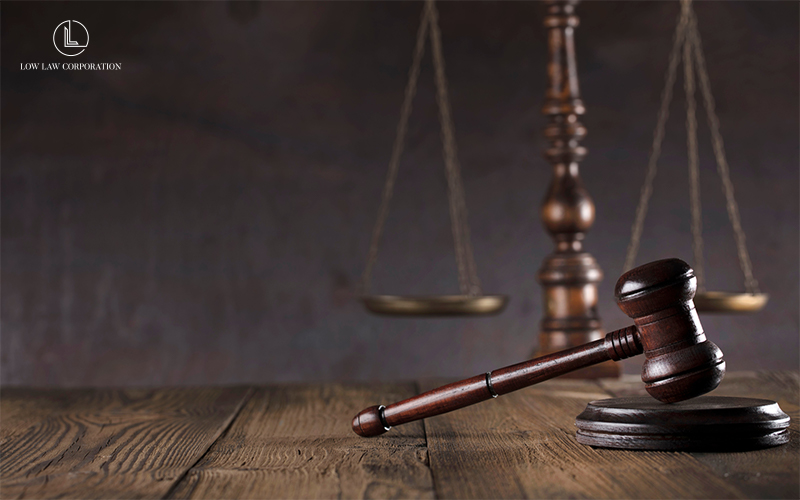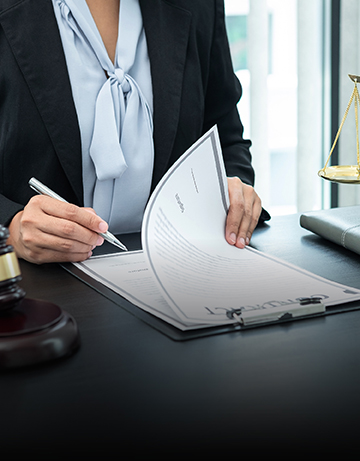A Guide to Cheating Charges in Singapore

Under the Singapore Penal Code, cheating is a serious offence that can result in hefty fines and imprisonment. Whether you are facing charges or seeking legal advice on navigating the complexity of cheating cases in Singapore, it is crucial to understand the legal implications and the actions you can take. This article will highlight the key points of local cheating charges, encompassing the legal definitions, penalties, and what to do if you have been scammed or cheated.
What is Cheating Under Singapore Law?
Cheating is defined under Section 415 of the Penal Code and occurs when an individual:
- Fraudulently or dishonestly deceives the victim into handing over property or money to any person or consents to another person retaining his or her property or money.
- Intentionally induces a victim to act or omit something they wouldn’t have done if not deceived, resulting in damage or harm to their body, mind, reputation, or property.
In simple terms, cheating cases in Singapore involve tricking someone into giving up their property or making them do something they wouldn’t normally do if they weren’t deceived. This broad definition covers various forms of fraud, from online scams to face-to-face deceptions.
Penalties for Cheating in Singapore
Individuals convicted of cheating cases in Singapore can face the following punishments:
- A fine and/or
- Imprisonment for up to 3 years.
This makes it clear that even seemingly minor acts of deception can lead to severe legal consequences. If you are charged with cheating, having a skilled criminal prosecution lawyer by your side can help you handle your case professionally.
Aggravated Cheating: A More Severe Offence
A more severe form of cheating, known as aggravated cheating, is covered under Section 420 of the Penal Code. This occurs when a person:
- Fraudulently or dishonestly induces the victim to hand over property or
- Partially or completely alters, destroys, or creates valuable securities, such as credit cards, stored value cards and automated teller machine (ATM) cards.
- Makes, alters or destroys a signed and sealed document which may become a valuable security.
This offence targets cases where the cheating involves valuable property or documents, making it a much more serious charge. Aggravated cheating penalties are listed below:
- A fine and
- Imprisonment for up to 10 years.
What Should You Do if You Have Been Scammed or Cheated?
Falling victim to a scam or being cheated can be a distressing experience, but it’s important to act quickly and follow the right legal steps to protect your rights. Here’s what to do if you’ve been scammed in Singapore:
1. File a Police Report
The first step is to file a police report, either by visiting a police station, calling the police at 999, or filing a report online via the Singapore Police Force website. This report will initiate a police investigation into the matter.
2. Criminal Courts
If there is strong evidence of cheating cases in Singapore, the police may bring the accused to court to file criminal charges. In such cases, the court can also order the offender to pay compensation to the victim. Engaging a criminal lawyer attorney will help ensure that your interests are well represented in court.
3. Civil Courts
Apart from criminal proceedings, victims of cheating cases in Singapore may also consider pursuing civil action. A civil suit can help recover damages, including financial losses or harm to your reputation. It also provides an additional avenue to hold the offender accountable.
What Should You Do if You Have Been Accused of Cheating?
Facing cheating charges is undoubtedly daunting. The prospect of severe penalties, coupled with the complexity of criminal proceedings, can be overwhelming. In such situations, expert legal representation is crucial to navigating the legal challenges ahead.
At Low Law Corporation, we provide strategic, tailored defences to individuals accused of cheating. Our principal lawyer, Mr. Low Chun Yee, brings a wealth of experience as a former Deputy Public Prosecutor and State Counsel at the Attorney-General’s Chambers. His profound understanding of the intricacies of criminal law enables him to advocate effectively on behalf of clients, ensuring that every aspect of their defence is meticulously crafted and presented.
While a strong legal strategy is fundamental, we also recognise the importance of providing compassionate support. From your initial consultation to the resolution of your case, we are committed to guiding you through every step of the process.
Contact us today for a confidential consultation to discuss your case and explore your legal options.



